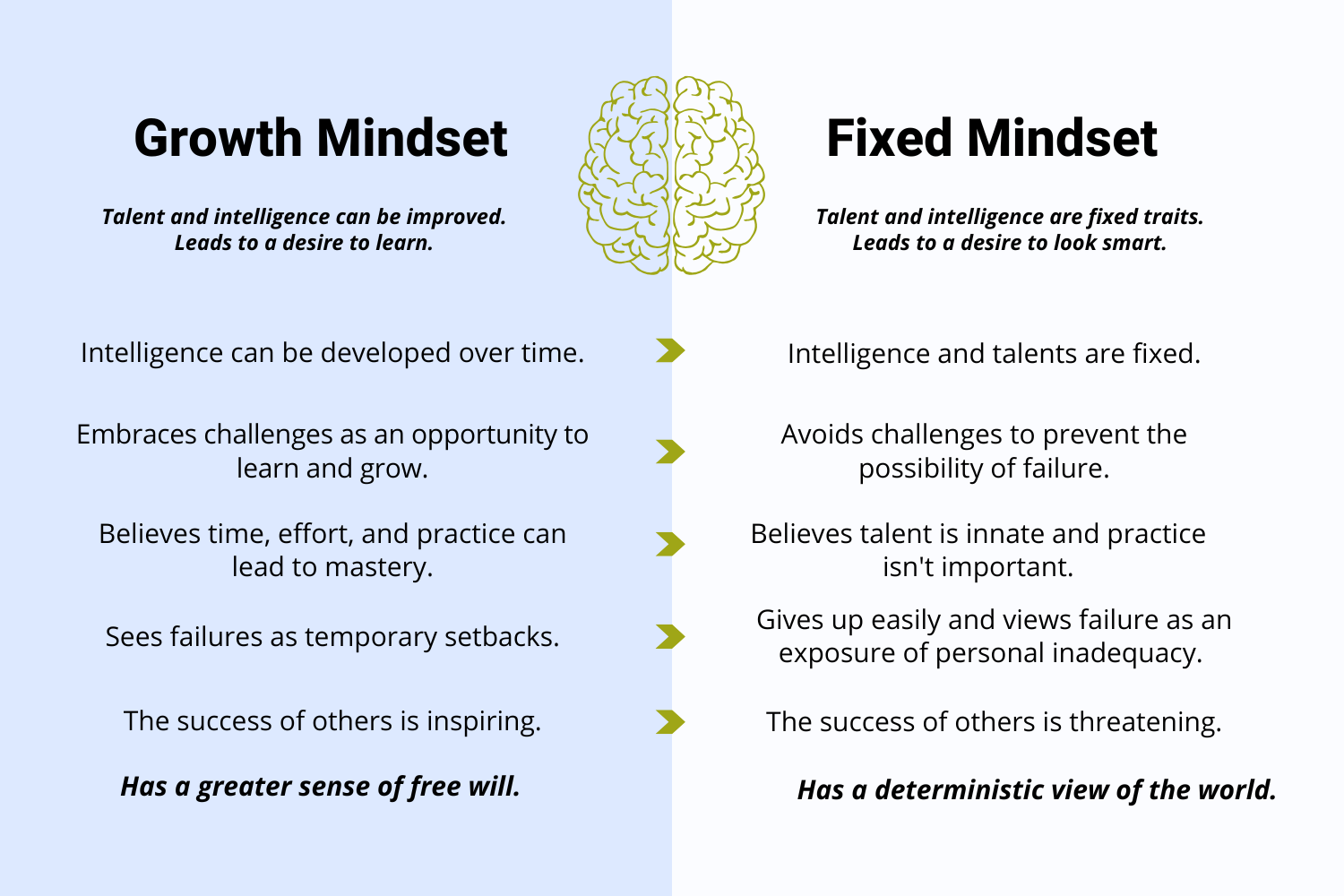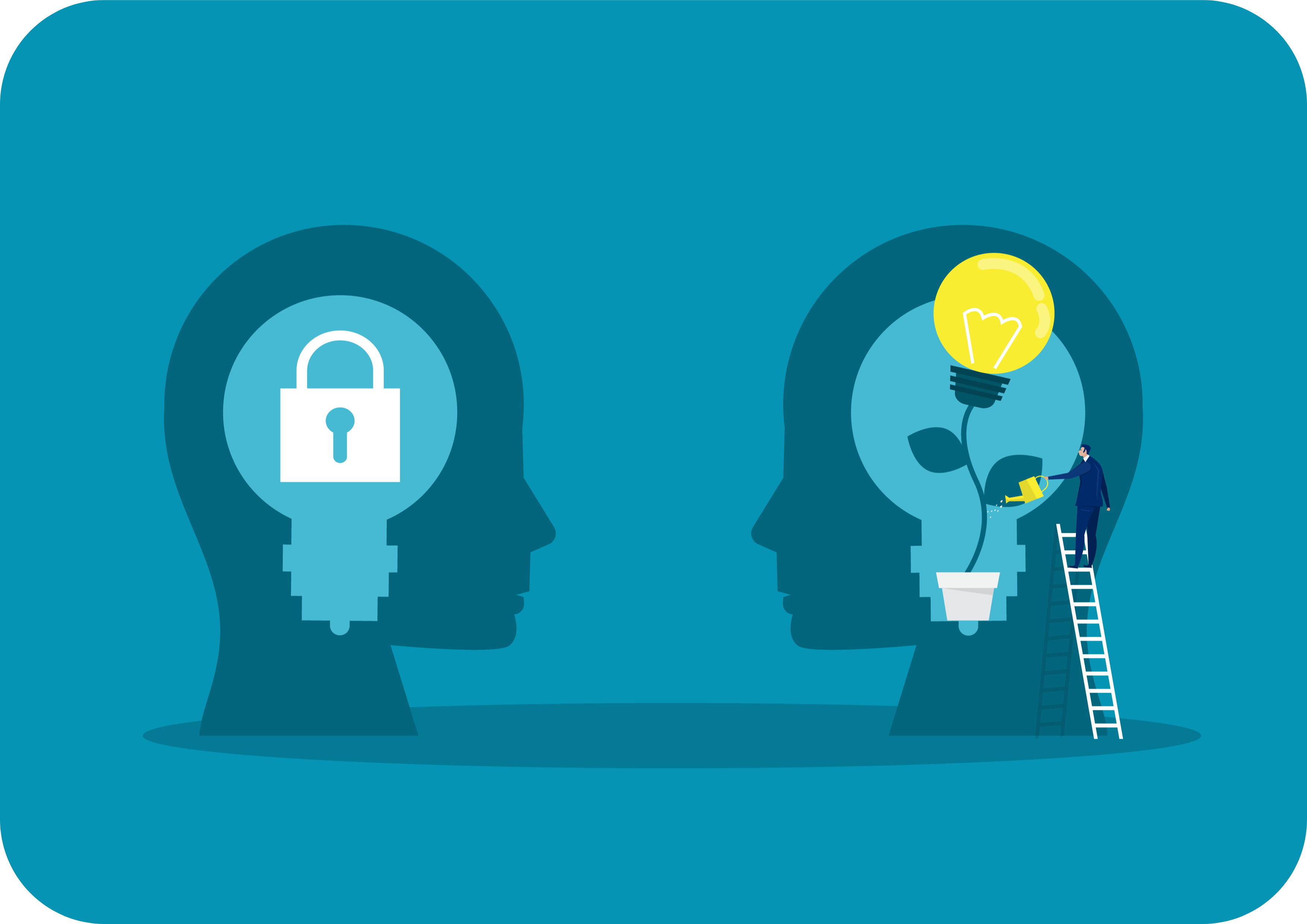We all celebrate victories, fawning over the achievements of others. Yet we rarely acknowledge that failures often pave the road to success. With our focus locked on shining accomplishments, we crave success yet fear the process that will bring us there. It’s unrealistic to expect to win without ever experiencing loss. Consider these notable “successful failures”;
- Oprah Winfrey, one of the most well-known television hosts and the world’s first black billionaire, was fired from her position as a TV anchor in Baltimore. The producer declared she was “unfit for television.”
- Walt Disney, one of the most prolific animators of our time, was fired from one of his first jobs at the Kansas City Star because the editor said he “lacked imagination and had no good ideas.”
- King of horror Stephen King nearly gave up his dream of writing after Carrie was rejected by 30 publishers. King tossed the manuscript in the trash, but his wife dug it out and implored him to try again. Not long after, Carrie was published, and King went down in history as one of the greatest horror authors of our time.
So, how did their failures ultimately fuel their success? It comes down to mindset. Standford University psychologist Carol Dweck is famous for her research on mindset and its role in motivation, self-regulation, and success. She identifies growth and fixed mindsets, noting how the two views impact how we approach setbacks. But before we dive into growth and fixed mindsets, let’s get on the same page about what we mean by “mindset.”
Defining “mindset”
Mindset is a set of deeply held, powerful beliefs that shape your perception of yourself and the world around you. A framework for work and life, it’s the lens from which you view opportunities and your ability to overcome challenges. Mindset plays a significant role in your relationship with success and failure.
After thirty years, my research has shown that the view you adopt for yourself profoundly affects the way you lead your life. It can determine whether you become the person you want to be and whether you accomplish the things you value.
What do we mean by growth and fixed mindset?
A fixed mindset is the belief that your talents, skills, and intelligence are innate and unchanging. Regardless of effort, you have little influence over them. In this way, the hand you are dealt in life dictates what you can achieve.
A growth mindset is the belief that your talents, skills, and intelligence are malleable and can be improved through time, practice, and effort. It recognizes that while everyone has different aptitudes and interests, we all have the capacity to improve.

Relationship with success and failure
Growth and fixed mindsets approach success and failure very differently based on their set of beliefs.
Fixed mindset
Success: For someone with a fixed mindset, the belief that skills are inherent and unchanging creates pressure to “prove” themselves. Success and achievement act as confirmation of existing abilities. Those with a fixed mindset concentrate their efforts on ways to demonstrate they are “better” than others.
Failure: Operating out of insecurity, someone with a fixed mindset acts competitively and defensively in an effort to validate their “natural” abilities. Failure is a threat they must protect themselves against. Mistakes expose weaknesses and weaknesses are evidence of personal inadequacy. Those with a fixed mindset don’t learn from their mistakes, disregarding feedback and shifting blame onto their circumstances. In a fixed mindset, failure sounds like;
- “Failure is the limit of my abilities.”
- “I can either do it or I can’t.”
- “I give up when I’m frustrated.”
This mindset discourages progress through intense fear of failure, insulating the person from challenges that could lead to growth.
Growth mindset
Success: In a growth mindset, success is secondary to progress. Rather than focusing on results, someone with a growth mindset celebrates the effort they put in and appreciates the milestones along the journey. They recognize that hard work and dedication lead to learning and growth – success is simply a byproduct of these efforts. Fueled by internal motivation, someone with a growth mindset isn’t concerned with others’ approval.
Failure: For someone with a growth mindset, failure isn’t a shortcoming – it’s a learning opportunity. Making mistakes is part of a process of discovery, allowing them to expand their knowledge. Those with growth mindsets take ownership of their errors and move on, recognizing that they are not failing if they’re learning. This attitude makes them more willing to try new things because curiosity propels them forward. Constructive criticism and feedback are welcomed as valuable assets.
Steps to cultivate a growth mindset
A growth mindset is conducive to success because it enables you to step out of your comfort zone, learn from your mistakes, and remain resilient in the face of setbacks. Cultivating a growth mindset takes intention, but over time you’ll reap the benefits of greater motivation, achievement, and joy. There are a few ways you can begin tapping into and developing a growth mindset:
- Identify areas you have a fixed mindset. Your mindset isn’t static; you probably have a growth mindset in certain areas and a fixed mindset in others. To identify where you have a fixed mindset, pay attention to where you tend to avoid or quit something you know is good for you. Feelings of boredom, anxiety, and discomfort can also signal areas you view as unchangeable.
- Seek feedback. Recognize that others can help make you better- after all, it’s unrealistic to expect you can perfect all areas of work and life. Constructive criticism is a valuable tool that enables you to identify blind spots, so don’t be afraid to ask others where you can improve.
- Embrace failure. You are going to make mistakes, and that’s okay. Take ownership of your errors. When you blame your circumstances or divert responsibility, you deny yourself the opportunity to correct it. After a mistake, get curious. Ask yourself, “what obstacles kept me from achieving my goal?”
- Pursue challenges. Taking on projects that stretch your skillset is an opportunity to grow that prepares you for greater prospects in the future. Don’t pass up opportunities because you don’t feel as if you have a firm grasp on the skills required. Reframe how you think about challenges – think of them as an opportunity, experiment, or adventure.
- Ask questions. Take advantage of others’ expertise by asking questions. After all, no one knows everything. Rather than being intimidated or embarrassed about your lack of knowledge, get curious! If you’re afraid of looking dumb, remember that the judgment you fear from others isn’t as harsh as your own inner critic.
- Take pride in the journey. Focus on your progress, not results. When you fixate on the end goal, you lose sight of the lessons you could learn along the way. The point is to learn and grow, not achieve.
- Praise effort, not abilities. When you concentrate on your existing abilities, you’re thinking about them in a static way. Instead, take pride in your hard work and celebrate your ever-increasing capacity to learn and develop new skills.
- Use the power of “yet.” Are you struggling to reach a goal or perform a task? Remind yourself you haven’t mastered it “yet.” Reframing the challenge by using “yet” leaves room for possibility and reminds you that you can still move forward despite setbacks.

